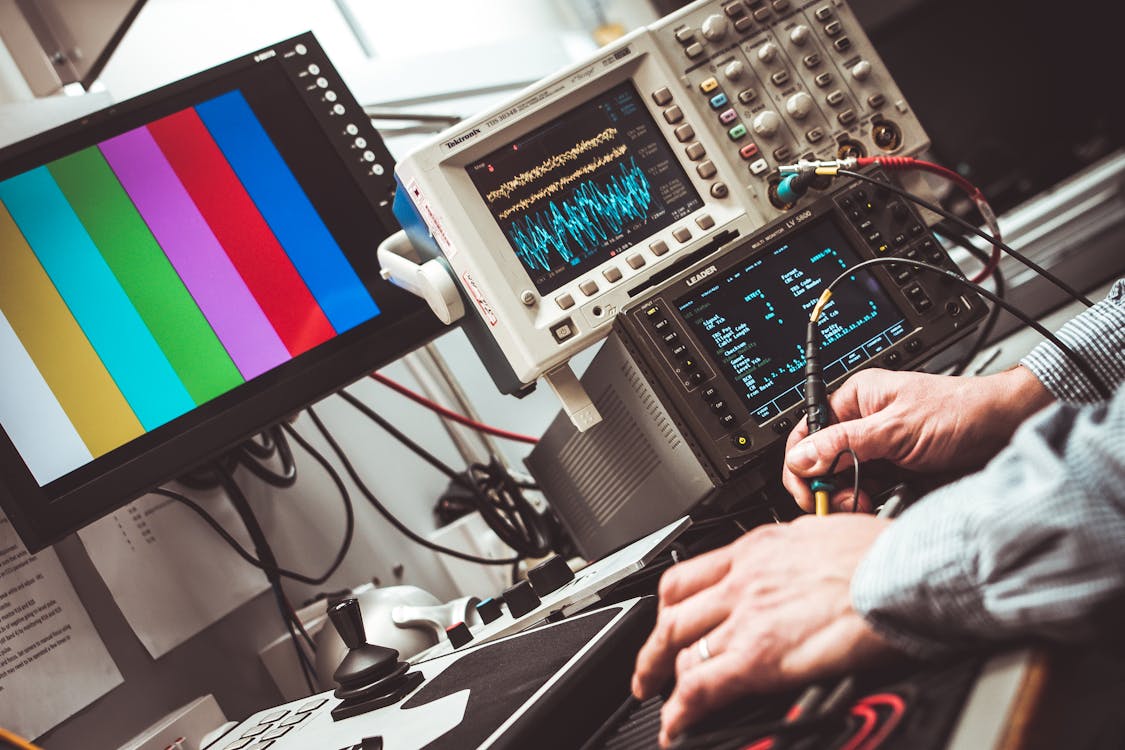26 Sep Good Habits for Keeping in Line with HIPAA
Personal strategies are the best defense

At Bytagig we’ve discussed the importance of following HIPAA, a set of healthcare regulations overseeing how data is stored and handled in the medical industry. Rules aside, the best defense is good practice. In other words, strong habits – managed by everyone from staff to management.
It’s not only beneficial for keeping in line with regulatory standards, but also good habits for yourself too. They have the added positive of protecting you from other potential cybersecurity threats.
1: Get 2FA or MFA
Two-factor/multi-factor authentication is a free, easy way to protect accounts. Randomized passcodes which also require access to a device can thwart many basic malware attacks, and in the healthcare industry, that’s very important.
As a business, your healthcare network should have multi-factor authentication options enabled, whether that’s an app, logging into business accounts, emails, or devices.
2: Remember the Requirements
Remember, there are three primary areas an organization must follow and understand. They fall in these categories:
- Administrative
- Physical
- Technological
Understanding what regulations and rules fall under them will help you and staff know what to do.
3: Create Cheat Sheets
It may sound a little overboard, but considering the number of complex rules for each mentioned category, it’s very easy to forget things.
A sheet can give someone the basic tips for following HIPAA.
For example, for anyone that falls under the “technology” category:
- Data must be encrypted at all times
- Document changes when they are made
- Enable MFA
And etc.
4: Be aware of common faults and problems
Even with the best intentions and most robust security, the loose thread can undo it all. Small holes sink the ship, so to speak.
Here a handful of things that can upend even the most dutiful of HIPAA followers:
- Avoid data entry mistakes
- Avoid phishing emails, scams, and messages while learning how to identify them
- Always require encryption on devices
- Always store physical documents of importance in safe locations
- Don’t use basic passwords that are easily guessable and also require changing them once ever several months (or as needed)
5: Educate
Engage staff and keep them informed by educating them on good practices, like the ones we’ve mentioned. Without this information, numerous security problems can occur.
Here are a few things you can focus on with your team:
- Teach staff how to identify suspicious messages and mail, such as phishing or vishing (voice-based phishing attempts)
- Understand how to set up complex passwords on various devices (password managers also help here)
- Set up codes between users, AKA passcodes shared between trusted entities only known by said trusted entities
- Only operate on secure networks and limit access from different connections
These are a handful of things you can do to keep your staff, business, and network safe.
Share this post:

Sorry, the comment form is closed at this time.